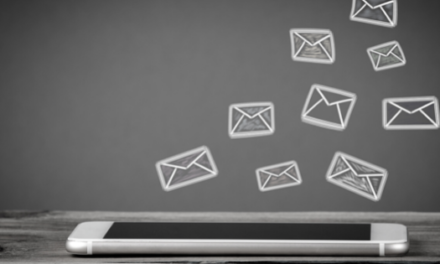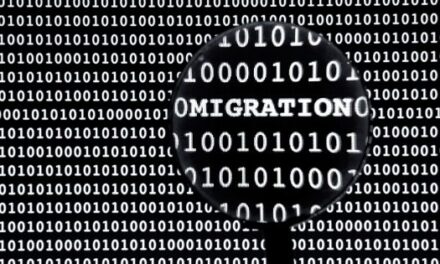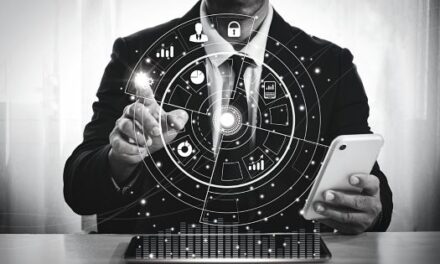Using a public WiFi while devouring a croissant on the streets of Paris sounds tempting. Isn’t it? But, there is a high possibility that while you’re enjoying your vacations to the fullest, a cyber bandit might be waiting to prey on your data. This article will help you to protect your data while accessing public WiFi.

Since 2013, newspapers are filled with headlines of security breaches in the biggest hotel chains worldwide like Trump Hotels, Hyatt and Hilton Worldwide. These cyberattacks have not only caused a massive loss to the hotels but also jeopardized the trust of the guests. So how to protect your data while traveling?
Cyber risks to look out for a while traveling
Business travelers are often the highest value targets amongst other class travelers, especially those who are working for corporations, media, and governmental bodies. Cybercriminals are always in search of methods to hack such high-profile users and then spy on their activities, which ultimately result in access to sensitive information.
According to Norton Cyber Security Insight Report 2017, almost 20% of the users fell prey at the hands of cyber bandits while traveling. These security compromises ranged from receiving spam/phishing emails from the countries the user visited, to breach users’ data at free charging USB stations.
It is also often done through a minute chip inserted in the USB port of the charging cable which infected the device with ransomware and transferred data without the user being aware.
If you’re fond of working through a cafe, it is best to know that a cybercriminal can use a number of methods to lure users and infect their devices. Often, fake Wifi in hotels, airports, cafes, and restaurants – which are frequently capable to read passwords, extract and access any data on the device.
This is an example of a Man-in-the-Middle Attack where a cybercriminal eavesdrops the information exchange between the user and server by placing themselves as a central channel.
Sometimes, it is also exciting to know more about the country you are visiting. However, due to geo-restrictions and strict censorship, certain websites might not be available in your region. Or maybe if you’re going for vacations and finding your favorite content is unavailable in the region can be quite a letdown.
How to protect your data while traveling
Fret not, let us guide you on how you can protect your data while traveling and make your next vacation safe, secure and enjoyable!
Two-Factor Authentication
An additional security layer goes a long way! Two-Factor authentication is usually that other login code that is required to access an account in order to protect your data making it difficult for a cyber bandit to hack into your account.
Two-Factor authentication is often that additional fingerprint or biometrics that are required to sign in. If you find it difficult to remember complex passwords that you have used on different accounts, it is best to use a password manager. These applications help users manage passwords better.
However, nothing is 100% hack-proof and one can never be too secure but can always take as many steps as they can to protect themselves. To protect further sensitive information against theft, users can use third party applications such as Google Authenticator, LastPass Authenticator or Microsoft Authenticator to provide an additional layer of security over specific applications.
Virtual Private Network
A VPN can help you in more ways than you can ever imagine. For starters, VPN is an excellent choice to choose when connecting over an unsecured WiFi. It is because a VPN offers military-grade encryption along with an anonymous IP address providing a way for travelers to protect their data.
The encryption allows users to keep the data protection while the anonymous IP address makes sure that the location and other activities of the users are not tracked back to him. VPNs such as PureVPN offer the best encryption, privacy and accessibility features in the entire industry.
For starters, it packs multiple protocols that users can choose either manually or automatically. Moreover, it offers multi-device support, IP leak protection and more.
Anyway, using a VPN indicates that even if you do connect to a connection that is susceptible to an attack, advanced encryption, and tunneling protocol will safeguard your data against unauthorized access.
Moreover, anonymous IP addresses let you bypass geo-restricted websites in many countries making access to blocked content easier.
Anti-Virus
No matter wherever you go, you can’t run away from the ever-growing virtual species of malware. The malicious species come in a variety of types, each capable of doing as much damage to a users’ privacy or even a corporate’s infrastructure than you can ever imagine.
The first line of defense you can use against these cyber threats is anti-virus or anti-malware. These tools keep the users protected against these malicious tools or scripts, securing users round the clock.





















